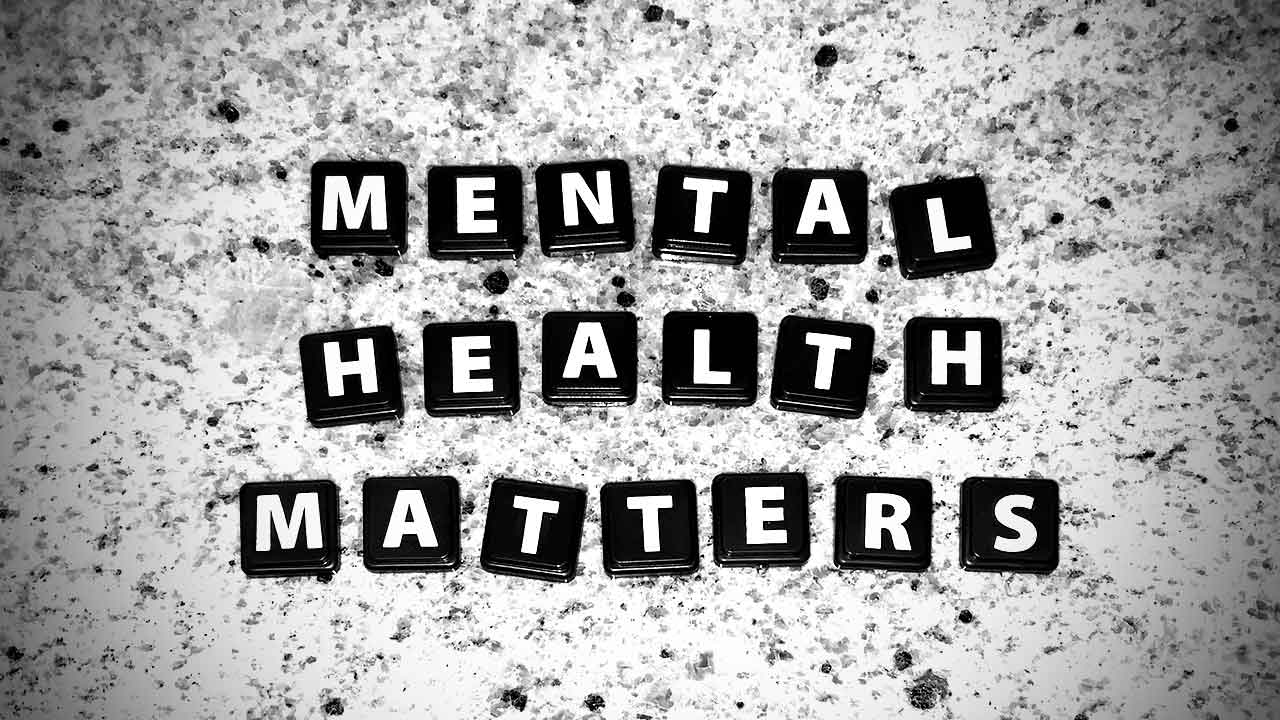5 Easy-To-Adopt Ways To Improve Your Mental Health
Guest Blog by Jenny Fries
Your mental health encompasses both your psychological and your social wellness. Your emotional well-being, including the ability to describe and regulate your feelings, is also a substantial part of this package. And, while there are several factors that contribute to being mentally healthy, like whether or not you have a traumatic history, as well as your genetics and bodily chemistry, there are some steps that you can take to manage your day-to-day outlook. As such, here are six strategies that you can incorporate into your life to positively influence your mental health and well-being:
1. Eat a Mostly Healthy Diet
It has been long proven that there are certain foods that can affect mental health in either a negative or positive manner. Of course, refined carbohydrates, sugar, alcohol, and caffeine are not the best items to consume when you aren’t feeling your best emotionally. However, there are some foods that are chock-full of healthy, mood-lifting nutrients that can give your spirit a boost. Some of these powerful foods include bananas, beans and legumes, berries, fatty fish, such as salmon, and whole grains.
Also, even on days when you really have no appetite, you need to push yourself to eat something. Any fuel is better than none at all, so try to make an effort to feed yourself. And, don’t forget to hydrate your body with plenty of water. Dehydration can deny your body and brain the nutrients that are needed to function optimally.
2. Move Around as Best as you Can
There are several mental health advantages of physical movement. Exercise can lift your mood, assist you in falling asleep faster, help you sleep for longer periods of time, and allow you to better manage anxiety, depression, and stress.
Movement doesn’t have to mean vigorous exercise or an afternoon working out at the gym. If you feel up to these activities, then go for it, but you don’t have to put in that much effort if you are not ready. Instead, choose physical activities that are more appropriate for your health and body type. Also, choose options that you enjoy so you can get the most benefits from your experience. That means you can exercise without taking on an intense workout. You can instead take a brisk walk, try sitting exercises, join a yoga class, or stroll along the beach.
3. Lean on your Friends and Family
No matter how much you may feel like isolating, humans are social animals, and having strong relationships can have multiple positive effects on your mental and emotional health. After all, close relationships with family, friends, neighbors, and co-workers can add meaning to your life and quell any overwhelming feelings of loneliness. Close friends and family can even assist you by providing proper emotional support.
First of all, you should nurture the friendships and relationships with family that you already have, if you can. Just having an in-depth conversation with the ones you love can produce positive feelings. However, if you no longer have any close confidants that you can count on, you can focus on making new acquaintances. After all, there are many ways to create connections with others, even if you are shy or reserved. You can join a book club or a jogging group or you can even apply for a part-time job.
4. Let the Sun Shine In
Not only does the bright light of the sun perk you up instantly, but it is also a fantastic source of vitamin D, which enhances mood and perception. And, you don’t even have to be outside for a long time to get all the healing effects of sunlight. The heat, wind, and beautiful blue skies can improve your attitude within ten minutes or less. All you really need to do is sit on your porch for a few moments, take a walk around the neighborhood, or just breathe in the fresh air, and you will feel much better than before.
5. Get an Appropriate Amount of Quality Sleep
Sleep plays an essential part in your overall health, but it has a crucial role in stabilizing your mental and emotional health. There even was a recent study that concluded that those that get less than six hours of slumber per night are over twice as likely to report symptoms of depression, anxiety, and stress than those that sleep for over six hours each night.
Of course, the quality of your sleep is just as important as the amount of time you are sleeping. That’s because poor sleep habits can also contribute to mental distress. So, try to go to bed, wake up at the same time each day, and refrain from caffeine consumption in the evenings. And, keep your bedroom comfortable, relaxing, screen-free, and cool in temperature for the best results.
In conclusion, there are a number of things that you can take the time to do for yourself to improve your mental health. These actions will help you to feel better if you practice them regularly. That said, if you are truly struggling, be sure to get immediate help from a mental health professional.





